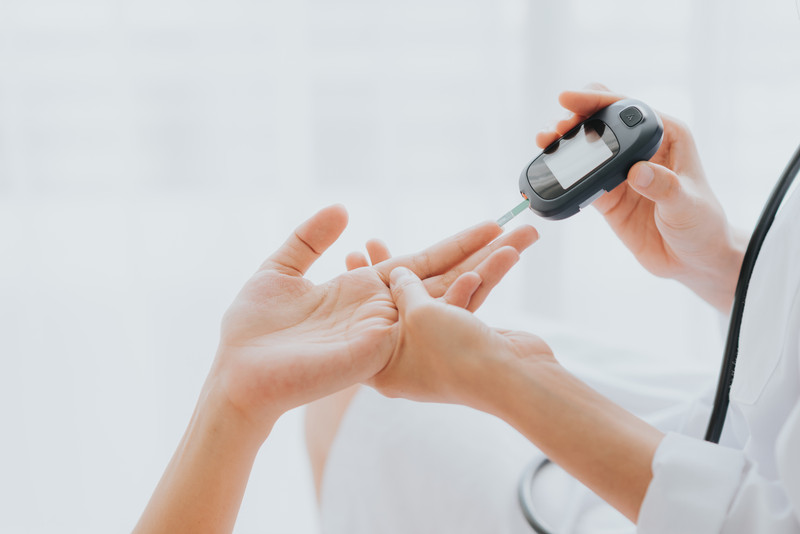Those of us diligent about getting a physical exam every year, or even more often if advised to do so by a physician or nurse practitioner, are likely familiar with getting blood drawn and tested for a variety of health-related factors, such as cholesterol and blood-glucose (sugar) levels.
For many years, such a routine checkup typically included a fasting blood-sugar test to check your blood-sugar level after an overnight fast. As most of us know, the “magic” number in that test result was 100; anything below 100 was considered normal and anything between 100 and 125 was deemed a sign of prediabetes, with 126 and above classified as diabetes.
A more revealing blood-sugar test that has become more common in doctor’s offices and hospitals is the HbA1c test. That’s short for hemoglobin A1C, a blood test that measures the average glucose level in your blood for the previous two or three months. This test is considered a more reliable measure of your actual blood-glucose level than the fasting test; it is not affected by significant fluctuations in blood-sugar levels week to week or even day to day depending on time of day the test is taken or dramatic shifts in dietary habits that can affect such readings.
An HbA1c test is able to show the average blood-glucose level for the last several months because glucose remains attached to hemoglobin for as long as red blood cells stay alive, and such cells have a lifespan of roughly three months. The test, which has roots dating back to the late 1960s, has been recognized and recommended by the American Diabetes Association since 2010 to diagnose prediabetes and diabetes. An HbA1c “score” represents what percentage of your hemoglobin is coasted with glucose. A percentage of less than 5.7% is considered normal; a reading between 5.7% and 6.4% is considered prediabetic; and anything 6.5% and above is a diagnosis of diabetes.
Natural Remedies to Control Blood-Glucose Levels
If your next visit to the doctor includes a blood-sugar test that shows an A1C reading of 5.7 or above, the physician or nurse practitioner likely will recommend a course of remedial action to help bring down your blood-sugar level. This could involve an Rx medication such as Metformin designed to lower/regulate your blood-sugar level. Or perhaps you could ask if a lifestyle change to include use of natural remedies such as supplements or herbs would be practical. That is a discussion you should have with your healthcare professional, especially if you are considering supplements in addition to a medication to see if such a mix could be problematical for your well-being.
Following are five natural remedies known to help regular blood-sugar levels should you be so inclined to go that route:
Alpha-lipoic acid (ALA). This antioxidant, which is available in the US and widely used in Europe, has been shown by studies to lower oxidative stress at the same time it enhances insulin sensitivity among diabetics.
Berberine. This natural herb has long been used in traditional Chinese and Ayurvedic for treating inflammation and infection, and it has also been shown to have a positive effect on glucose metabolism and insulin resistance.
Chromium. It might bolster the effects of insulin or at least assist pancreatic cells that produce insulin.
Cinnamon. This sweet-tasting supplement can assist your body’s cells to achieve a better response to insulin, in the process allowing more sugar to be absorbed into your cells so as to reduce blood-sugar levels.
Gymnema. This centuries-old natural remedy is an herb that has long been used in the Ayurvedic tradition to help treat diabetes. It can apparently lower your gut’s absorption of sugar while boosting your cells’ intake of sugar from your blood.
If your physician or other healthcare provider is not yet using the hemoglobin A1C (HbA1c) test for measuring your blood-glucose level, you might consider asking them to use it for you next time you go in for a physical or even just a routine checkup. Maintaining a healthy blood-sugar level is essential for your good long-term health, and there are many natural remedies such as supplements available to help you safely regulate such levels.

